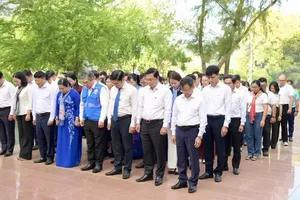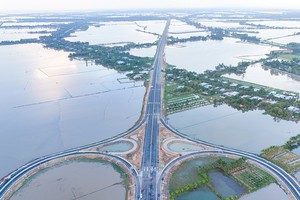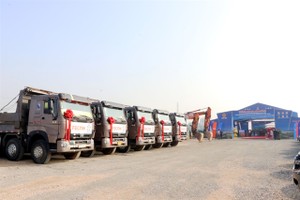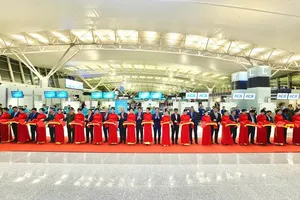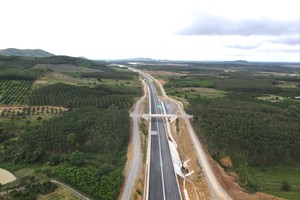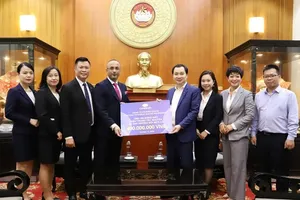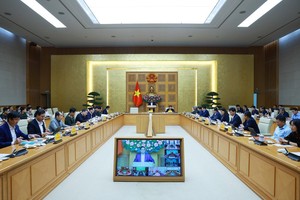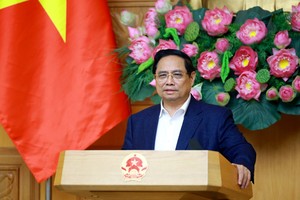The country's population was ageing rapidly and had entered the "ageing phase", with many challenges to be addressed including income insecurity, inadequate social protection and limited healthcare capacity.
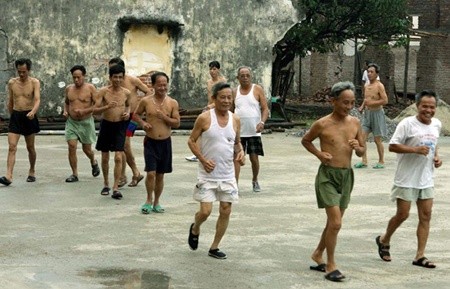
International and national population experts agreed with the claims at a workshop to exchange international experience responding to ageing held recently in Ha Noi.
The Viet Nam Ageing Survey in 2011 showed that more than 70 per cent of older people were still working with support from their descendants and families, and only nearly 30 per cent of them had pensions and social allowances.
Agricultural land is gradually being cut back, and natural disasters are also taking their toll on elderly people's incomes. More than 17 per cent of the elderly live under the poverty line.
"Up to 10 per cent of old people live alone, and that puts them at a disadvantage because their families should be there to support them," said Nguyen Van Tan, deputy director of the General Office for Population and Family Planning.
The survey also showed that healthcare service for the elderly was also lacking. Only 13 per cent of elderly people in rural areas had access to healthcare, while 23 per cent received medical help in urban areas.
However, Tan said that an ageing population also created many opportunities. Elderly people played crucial roles in supporting their families, and also contribute to the economic well-being of society.
Experience and lessons learned from other countries including China, Japan and Thailand suggested that the country needed realistic policies and strategies which should be designed and implemented using evidence on the relationship between an ageing population, economic growth, culture and the needs of the elderly, including healthcare.
Arthur Erken, the United Nations Population Fund Representative in Viet Nam, said the country needed to ensure the needs of elderly people in all national development policies and programmes, including gender policies, humanitarian response and climate change mitigation.
Director of the Ministry of Health's Medical Service Administration Luong Ngoc Khue said that the National Assembly and the ministry had issued a number of documents on the care of elderly people, including the Law on the Elderly, the Law on Medical Health Checks and Circular 35 on taking care of elderly people.
However, implementing those documents was difficult because 35 out of 63 provincial hospitals did not have enough funding, equipment or staff to open geriatric wards.
The health sector was also without policies and allowances for community medical workers to pay home visits to the elderly.
Khue proposed expanding healthcare service in the community, so medical workers could teach the elderly how to look after themselves by eating healthily, doing exercise and not smoking.
A system of nursing homes should be set up to help hospitals care for the elderly, and more medical workers and doctors that specialised in geriatric care were needed, he said.


